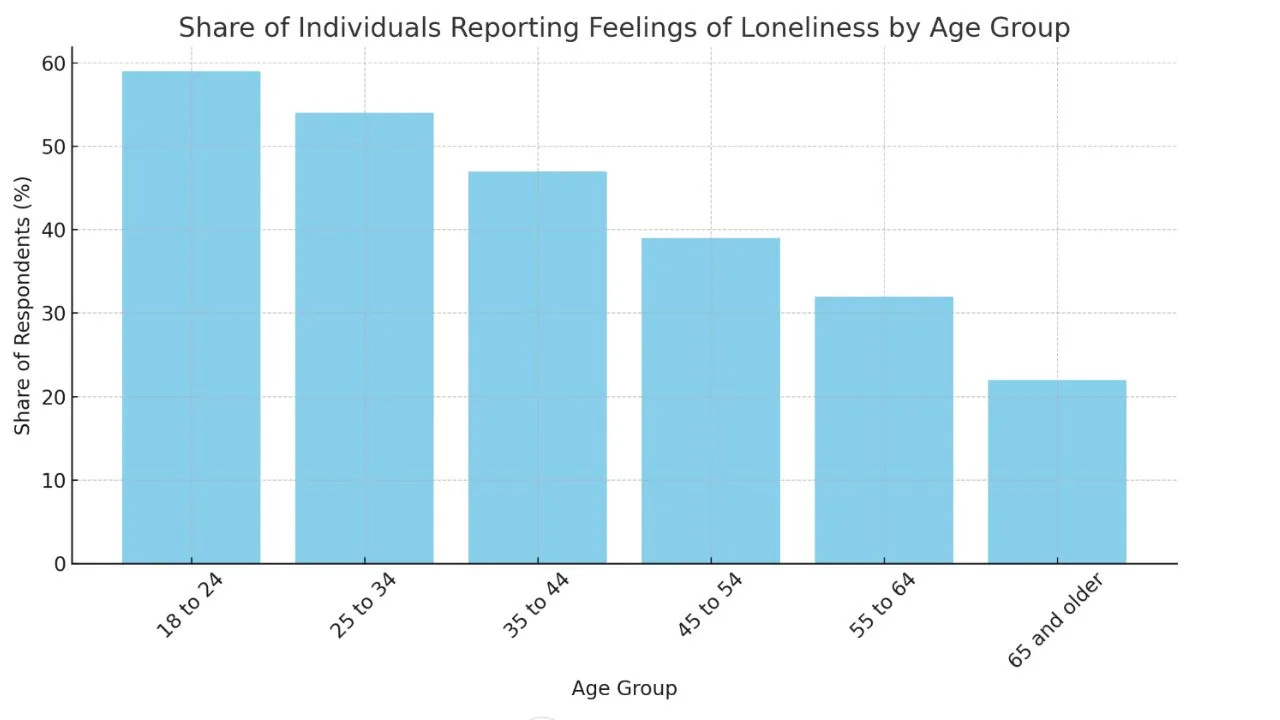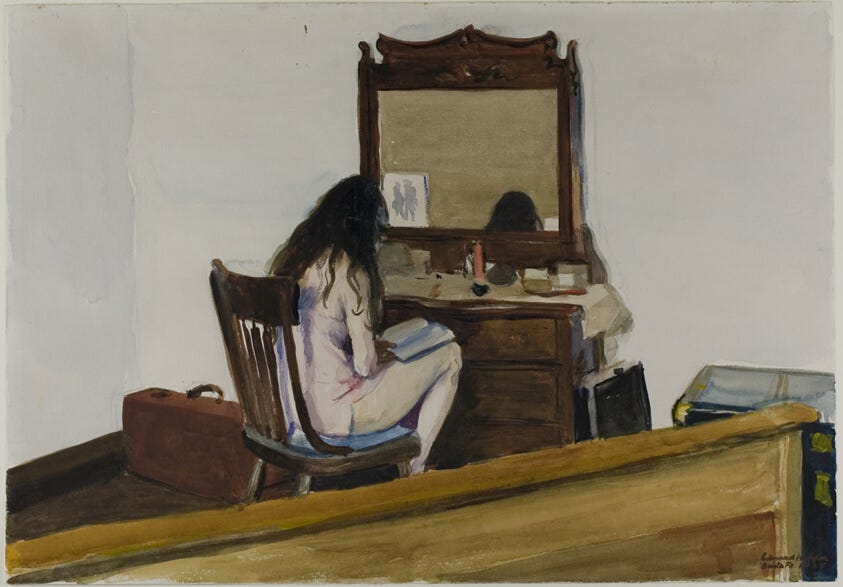On loneliness
why my dream of living on a remote Icelandic island with two cats and a guitar is utterly impractical.
To be lonely with a wibbly-wobbly state of mind is a daunting experience. You think you’re just dipping your little toe into the overthinking pool, and before you know it, you’re teetering on the edge of a 10-meter-high diving platform, rethinking your entire existence. And let me tell you, I am an Olympic champion in this sport 🏅.
Connecting with people always seemed to come with a cost. From a young age, I overworked myself to make my companionship interesting and entertaining, just to fit in with the effortlessly cool kids who already had their fashion game on point 💅.
Throughout my life, my attempts at social interaction paralleled the ebb and flow of my self-worth and self-esteem. Despite these efforts and circumstances (sometimes) beyond my control, loneliness has been a constant memento of my journey.
Now, according to Dr. Julianne Holt-Lunstad, “Loneliness is as dangerous as smoking half pack of cigarettes a day”.
So how screwed do you think I am, considering I’ve always been -in Holt-Lunstad’s terms- a heavy smoker?
About a third of the world’s population is lonely, with one in four young individuals particularly affected. In the US, over half of Americans experience loneliness with the highest scores registered among Gen Z, especially heavy social media users.
Earlier this year, the World Health Organization (WHO) declared loneliness a “global public health concern”.

IS IT THAT SERIOUS?
Well, it kinda is, and here’s why:
In 2007, Cole and researchers at UCLA found that chronic loneliness hurts us right down to our cells. Basically, loneliness flips on the fight-or-flight stress switch, increasing immature monocyte production (one type of your body’s cleanup crew), ramping up inflammatory genes, and reducing antiviral responses. In short, your body reacts to chronic loneliness just like it does to other chronic stressors, like PTSD. The resulting chronic inflammation fuels diseases such as cardiovascular diseases and neurodegenerative disorders.
HOW COME SOCIAL CONNECTION IS SO VITAL?
Since we were kids, we’ve been taught to mingle. Societal mores push us to stick together, lest we be branded as social outcasts or unlovable loners.
A peek into the Evolutionary Theory of Loneliness
Social connection is a biological need and the lack of it blares the sirens 🚨through the feeling of loneliness. According to psychologist John Cacioppo, loneliness is an adaptive human trait—a survival strategy embedded deep in our biology. Just like how hunger drives us to a 2 a.m. fridge raid and fear has us ducking behind dumpsters at the sight of a bitter ex-boyfriend, feeling lonely pokes us to buddy up with our tribe.
Loneliness evolved to push us to stick with our group, boosting our odds of surviving long enough to pass on our genes.
When we lose sight of our friends during a Saturday night at the club, we instinctively become anxious and stressed because our alertness spikes (and not only because the creep in the sweat-drenched shirt won’t stop asking for your number).
A peek into the Social Baseline Theory
Apparently, being around trusted people reduces our perception of risk because it reduces the need for individual vigilance. Even simple acts, especially from a trusted buddy, can decrease stress response to threats: our brain looks more at rest when we have someone to hold hands with.
Being around trusted people also reduces our perception of effort, because the brain views social connections as an additional resource (pretty much like oxygen or glucose). This integration of others into our sense of self makes stress and tasks feel more manageable: hills look less steep when you’ve got a friend in tow – literally.
Bottom line is:
Loneliness isn't just a pang; it's a full-body experience that messes with our biology in ways we’re only beginning to understand. Our brains are wired to see close relationships as literal extensions of ourselves, which is why breaking up or losing a friendship feels like losing a piece of who we are. It's not just a metaphor; it's a real shift in how our brains function.
So, the next time you feel like a hermit, remember that your brain is just urging you to find your tribe and connect – maybe you can hit me up? 💌
Further readings:
How to Build Closer Friendships & Get Rid Of Loneliness - The Mel Robins Podcast
Loneliness actually hurts us on a cellular level - Bryan Resnick, Vox
Aren’t you lonely - After Babel by Freya India
The ugly reality of loneliness as an aesthetic - Milk fed by Caitlyn Richardson



